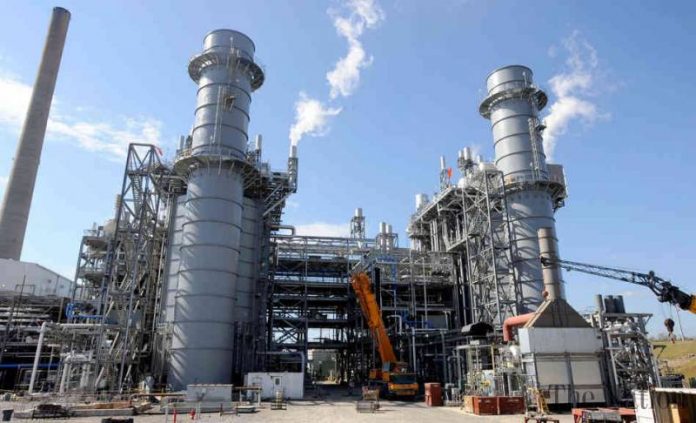Islamabad: Pakistan which currently produces 60pc of its electricity from furnace oil, will see it being gradually replaced by Liquefied Natural Gas (LNG) as a fuel of choice for power generation purposes.
According to plans being instituted by the newly PM Shahid Khaqan Abbasi, the intention is to replace all inefficient state-owned thermal power plants with efficient re-gasified LNG based ones which will be setup as independent IPPs.
Abbasi wants to put an end to use of furnace oil, diesel and coal for power generation purposes and replace it with LNG.
This policy is being instituted in wake of the bloating oil import bill of Pakistan as electricity generated from furnace oil costs much more than its LNG and coal counterparts.
A proposal has been floated which would see power plants with 40pc efficiency being dropped and more efficient ones be established to replace them under the IPP mechanism. This will result in lower cost electricity being provided to end consumers.
Around eight power plants running on furnace oil with combined capacity of 3,836MW are running at below 40pc efficiency. These are, Muzaffargarh Power Station, Hubco, AES Lalpir, Kohinoor Electric, Jamshoro power station, Saba Power and AES Pak-Gen.
Eleven oil based power plants are said to be generating electricity at an efficiency rate of 42pc-50pc.
Gas fired power plants having a cumulative capacity of 4,138MW are said to be generating electricity at an efficiency of less than 34pc. Only one plant among them Kot Addu Power Company (KAPCO) is operating at 45pc efficiency.
The Petroleum ministry had prepared a chart comparing the cost of fuel consumption between Bhikki Power Plant which runs on RLNG and Muzaffargarh thermal power station. It was revealed that fuel consumption of Bhikki was 97pc lesser than what it was Muzaffargarh thermal power station




